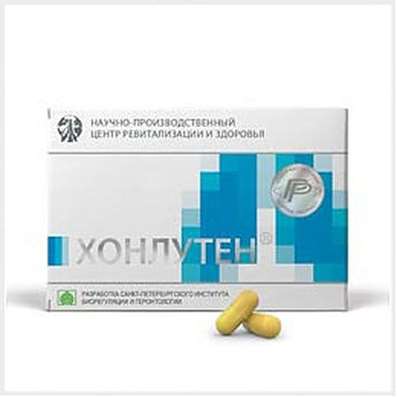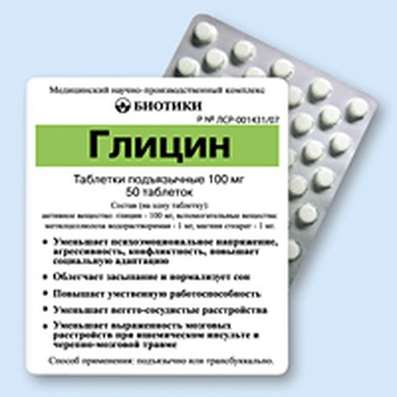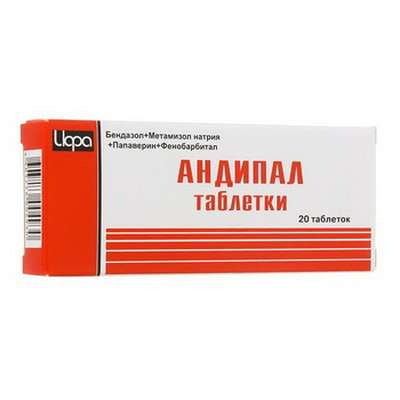Sodium
14 Dec 2016
Sodium is the vital micronutrient which is mostly outside of cages (approximately in 15 times more than in cytoplasm). It a difference supports sodium the potassium pumps which pumps out the sodium which got in a cage. Sodium is a part of table salt from which the person receives his sufficient quantity.
Together with potassium sodium performs the following functions:
- Creation of conditions for emergence of membrane potential and muscular contractions.
- Maintenance of osmotic concentration of blood.
- Maintenance of acid-base balance.
- Normalization of water balance.
- Providing membrane transport.
- Activation of many enzymes.
The recommended dose of sodium constitutes for children from 600 to 1700 milligrams, for adult from 1200 to 2300 milligrams. In the form of table salt it constitutes from 3 to 6 grams a day.
Deficit of sodium doesn't occur at the person eating the balanced food. Do not forget take Hepatamin for better results.
The surplus of sodium causes hypostasis of legs and the person, and also the increased release of potassium with urine. The maximum quantity of salt which can be processed by kidneys constitutes about 20-30 grams, the bigger quantity is already life-threatening.
Content of sodium in some foodstuff
Product / Content of sodium, mg / 100 of a product
Bread from wheat flour of the 1st grade / 1000
Rye bread / 900
Soy flour / 157
Egg / 113
Millet / 83
Carrots / 76
Beet / 74.4
Beef / 55
Milk / 44
Haricot / 40
Pike perch / 36
Peas / 35
Grits / 32
Rice / 25

 Cart
Cart





